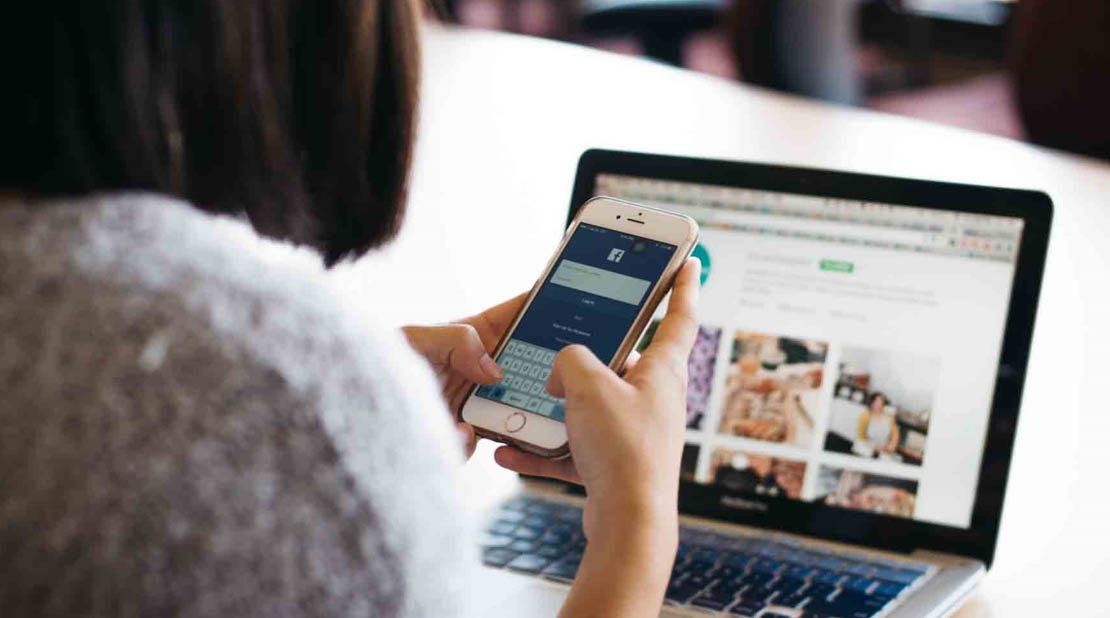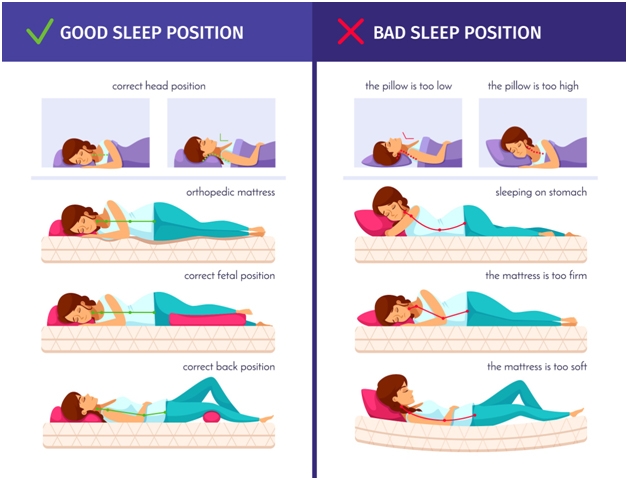
VPNs Make Sure Your Privacy Is Not Under Threat
No one cared about privacy when the internet didn’t resemble a giant shopping mall. You could create a random email with a made-up name and a password and create accounts on virtually any platform. But over the last couple of years, things have changed.
The rise of internet banking and confidential data that transitioned online from the real world raises the main question about digital security. How can anyone be sure that hackers or cybercriminals don’t threaten their personal information, credit card details, and messages?
The answer is simple. You can never be sure unless you’re using a virtual private network.
Are you being watched now?
The answer to this question depends on how you define being watched. Whenever you open a website from your phone or PC, the device you’re using is sending data to a server and getting data back.
The most valuable piece of information that you’re giving away at all times is your IP address. If you’ve never checked it before, then try this. Go to this site to check your IP and to this site to see what kind of data is leaking from your device. You’ll be surprised by the results.
Without a VPN, the sites will tell you where you’re located at the moment, your internet service provider, the operating system you’re using, and the browser. They might show you that you’re logged into a couple of accounts like Gmail and YouTube and output a complete fingerprint analysis of the type of person you are. When you look at all that data, it’s hard to say that you’re not being watched at any second.
On top of that, the websites you visit have heat maps showing where you’re moving your cursor, what site you came from, how long you stayed, and your demographics. That’s how social media companies make money – they sell your data to marketers.
Can you become invisible online?
Becoming truly invisible online is impossible. At some point, you’ll have to use an email and password to log in somewhere. However, you can become almost invisible, which is enough to keep those pesky websites from snooping at your personal data.
Virtual private networks use complex encryption processes to hide your IP address, meaning your online identity. It will look like an anonymous user is visiting a site without leaving a fingerprint on how to find them, making it almost impossible for hackers to track you down.
The key word here is almost invisible. Becoming anonymous online has a lot of perks, but that doesn’t mean you should use it for seditious activities. Your ISP or government won’t pay attention if you want to watch embarrassing videos, stream Netflix from another country, or buy plane tickets for cheaper. Unless you’re doing some criminal behavior, these entities won’t bother to track you down to collect your data so that they can sell it to some marketing agencies.
In these two cases, we talked about internet service providers and governments. They have billions of dollars worth of equipment and resources at their disposal. However, hackers that have an old, rooted laptop from five years ago with a run-down operating system won’t stand a chance of stealing your personal data or credit card details.
Are there any other benefits to using a VPN?
Besides hiding your IP address, VPN companies can protect your information from internet service providers with their no-logs policies (you can check the Nord VPN Wikipedia page for more details.) When you exit a page or close your browser, your browsing history immediately gets deleted. This means that if an ISP comes and knocks on their door demanding information, they’ll point them to a blank page.
Threat protection features block trackers, or cookies are the most popularly known. Whenever you enable cookies, you agree that the website you visit will collect data from you and sell it to another company.
The threat protection feature also blocks intrusive ads and scans executable files for malware. This makes it a complete package for guarding your online privacy and making you invulnerable to attacks.
Should you get a free one or a paid one?
There’s a massive debate online about whether you should get a paid or a free version of a VPN. The correct answer depends on your personal needs and what you want to do with them. You can go for free versions if you don’t mind data limits, logs on what you’ve browsed, and your data being resold to other companies.
When you’re not paying a dime, then you’re the product. On the other hand, if you want complete privacy, total anonymity online, and advanced threat protection from malware, cookies, and ads, then a paid version is the option to choose.









